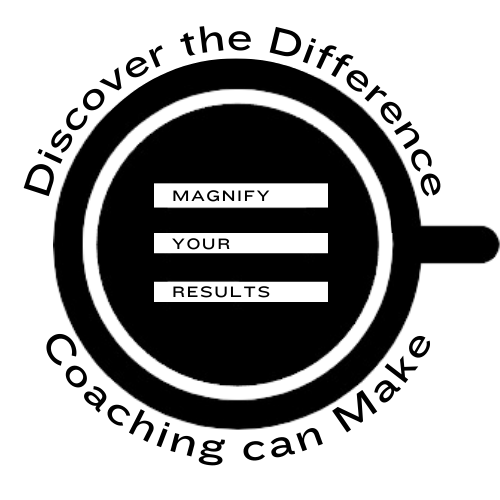Executive leaders have responsibilities in three directions of the corporate hierarchical spectrum:
their superiors, their teams, and their workproduct. The responsibilities are interwoven so it
stands to reason that the three most important aspects in the role of an executive leader are people,
productivity and personal growth. When you lead by example, personal growth is a permanent item on
your agenda. Let’s examine the three directions of responsibility a little more closely.
People
Firstly, you are the leader of people. Your people look to you for guidance and for empowerment. You
are not expected to have all the answers. You are not expected to micromanage or generate all the
ideas. In fact, your faith and trust in the people in your charge can go a long way as you support them in
working together to come up with solutions and deliver results. I have often heard it said that business is
all about relationships and not about the products sold. I believe that if the people within the company
are happy about coming to work, they will show up on time and participate with enthusiasm. It’s your
job as the executive leader to align your team with your vision and help make that happen.
At the other end of the continuum, the people in your company to whom you report depend on you for
your effective communication and for your reliability to get the job done. Do you share their vision? It is
up to you to translate their expectations into actions and create the environment that manifests their
desired outcome. Are you comfortable with that or are you in over your head? Simon Sinek is quoted as
having said, “When we work hard for something we don’t believe in, we call it stress. When we work
hard for something we love, we call it passion.” Is your work fueled by passion?
Productivity
Secondly, productivity matters. It seems that most everything these days is measured by WIIFM or ROI.
It is important to acknowledge the “What’s in it for me” viewpoint of the employees. Shouldn’t there be
some payoff for making contributions. And shouldn’t that payoff have value to the employee.
Workplace culture can influence the success or failure of the project at hand.
As well, ROI matters. Without a satisfactory return on investment for the company, layoffs may be
needed to stay in business. On the other hand, when the work force is part of the solution, those
bonuses and raises may be just the thing to keep you competitive and your employees happy.
Personal Growth
Jack Welch, the former CEO of General Electric, is quoted as having said, “Before you are a leader,
success is all about growing yourself. When you become a leader, success is all about growing others.”
But what if you could learn more about leadership when you combine your ongoing experience as a
leader with reading and with working with a coach? It’s one thing to prepare for a leadership position;
it’s quite another to dive into the deep end of the pool and expect yourself to perform a dive that would
meet Olympic standards.
Professional athletes have coaches. They often have more than one at a time though that would be
rigorous and not what I would normally recommend unless they were from very disparate areas of
expertise. One example where this could work would be receiving coaching about the mental side of
being a winner and receiving coaching on improving a score on a specific aspect of the sport.
I happen to think it is easier to help others around you grow if you put yourself into a position where
you are reminded of what it feels like to learn a new way of doing things or to work through a new way
of implementing change. You don’t necessarily have to get your boots dirty but you might have to roll up
your sleeves as you are working up a sweat.
If you are an executive leader, I highly recommend you hire a coach. In fact, if you are not working with
a coach, you may be getting left behind. More than 4.5 billion dollars was spent on coaching in 2022.
Eric Schmidt, the former CEO of Google met with a coach every day for 15 years and helped propel
Google to the position it has today as a search engine. Based on my personal experience, I can
confidently say working with a coach beats talking to the walls.
What are you doing to continue your personal growth?
Donna Dahl is an internationally renowned master empowerment coach, thought leader, speaker and
author. Her book, Lessons I Learned from the Tortoise, continues to be a popular seller on Amazon. She
invites you to interview her for the position of being your coach.
“Challengers inspire us to take giant steps long before we might ever become giants.”
http://amzn.to/1kvqgki ~Donna Dahl, in Lessons I Learned from the Tortoise

